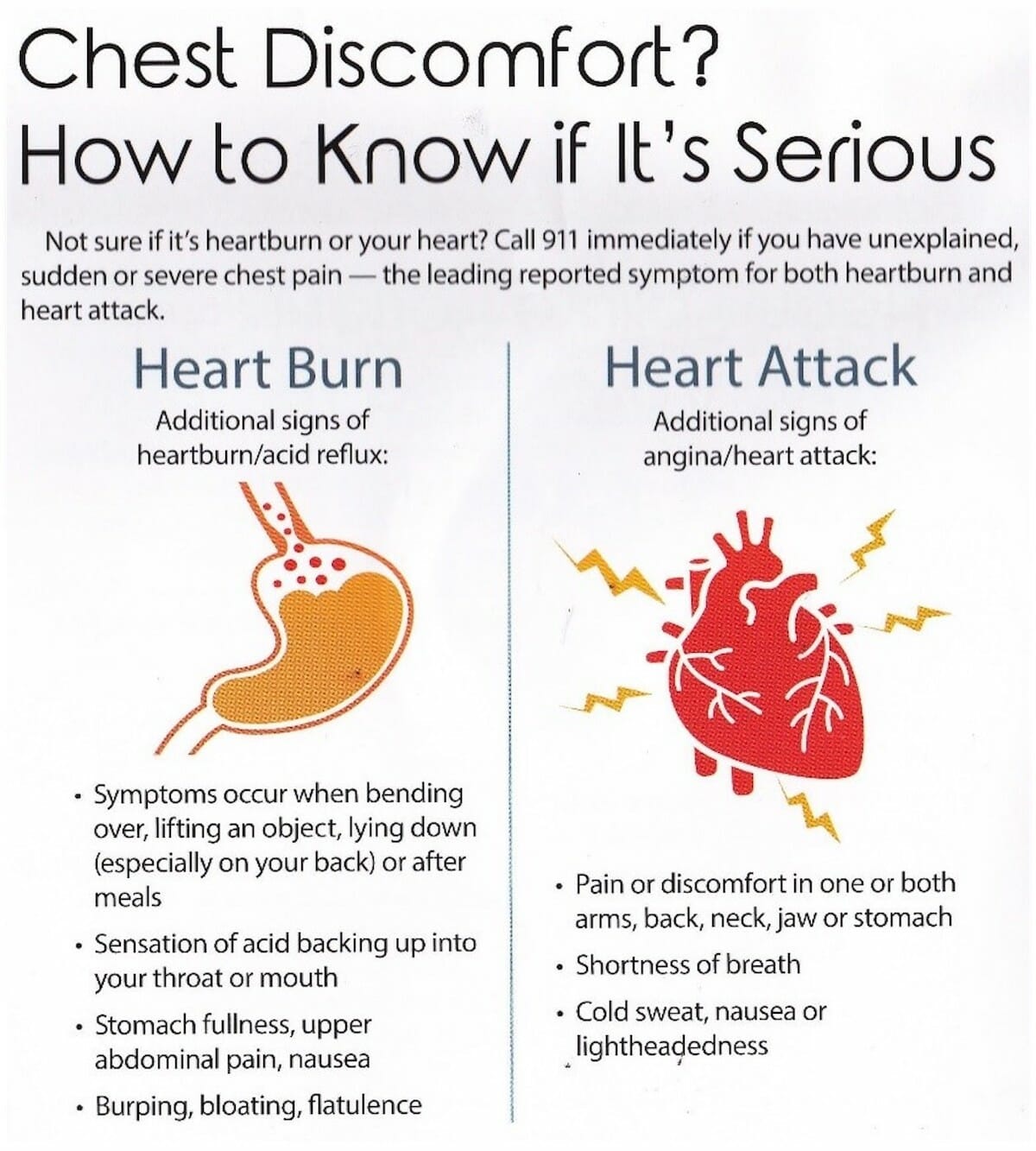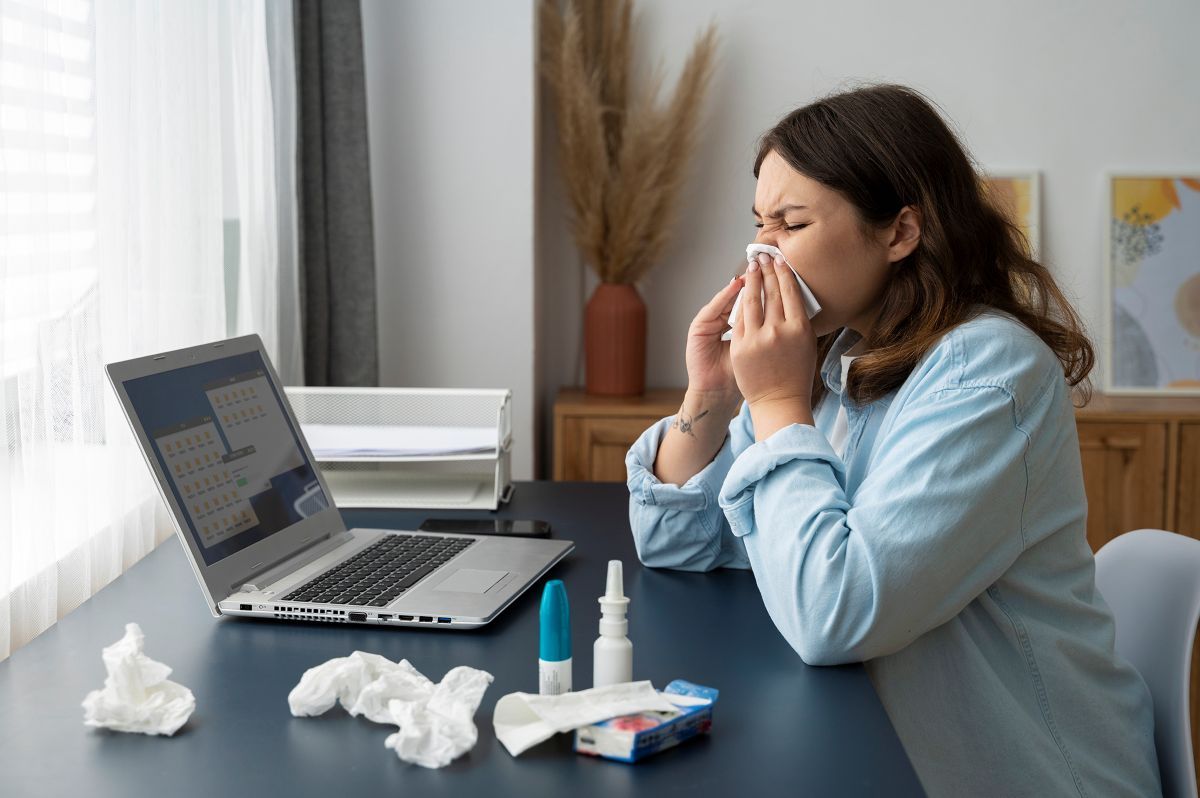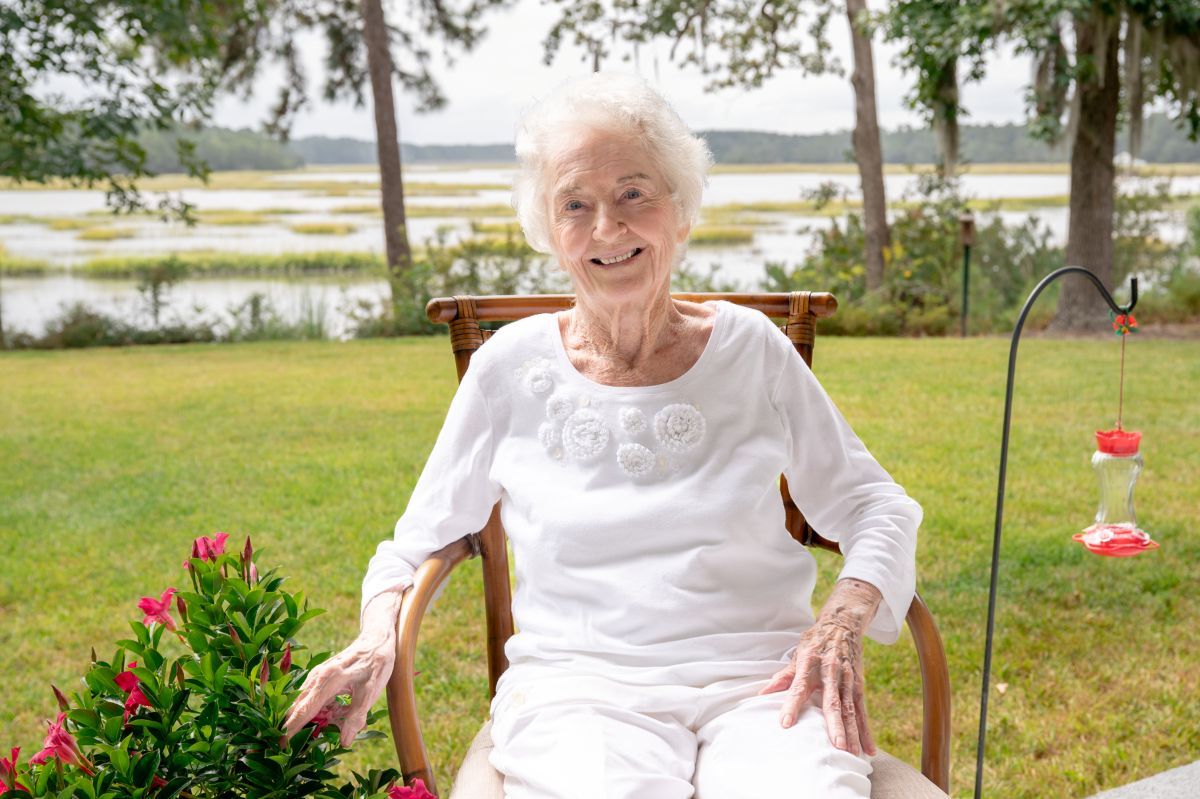Chest pain can occur for any number of reasons: a warning of a heart attack, lack of oxygen to your heart muscle (angina pectoris), a lung condition or inflammation of cartilage in your rib cage.
Many times, though, chest pain isn’t heart or lung-related. Rather, it stems from a digestive problem. For example, pain associated with gallbladder inflammation (a gallbladder attack) can spread to your chest. The most common source of digestive-related chest pain is heartburn.
Heartburn is a commonly used term to describe a burning sensation in your chest that may start in your upper abdomen and radiate all the way up into your neck. Heartburn isn’t a disease; rather, it’s a symptom. At times, especially when you’re lying down, heartburn may be associated with a sour taste in your mouth stemming from stomach acid that backs up into your upper esophagus and mouth.
Normally, stomach acid stays in your stomach, kept there by the lower esophageal sphincter. This ring of muscle functions as a valve, opening only when you swallow, belch or vomit. But sometimes the valve relaxes or weakens, allowing stomach acid to regurgitate into your esophagus, producing a burning sensation.
Among adults, occasional bouts of heartburn can occur for many reasons. Being overweight, overeating or lying down too soon after a meal puts pressure on the sphincter valve, causing it to open slightly and stomach acid to flow into the esophagus. Too much alcohol or caffeine, as well as certain foods, also can relax the sphincter or increase production of stomach acid.
If you have heartburn several times a week or you need to take antacids frequently, see your doctor. Your heartburn may be a symptom of a more serious condition, such as GERD. If your heartburn seems to be getting worse or is different from normal—especially if it’s accompanied by radiating pain in an arm—seek medical help immediately. Instead of heartburn, your pain may be the warning of a heart attack.
Written by: Dan Harke, Mayo Clinic Press MCPress.MayoClinic.org
Exclusive content from CARE magazine.









